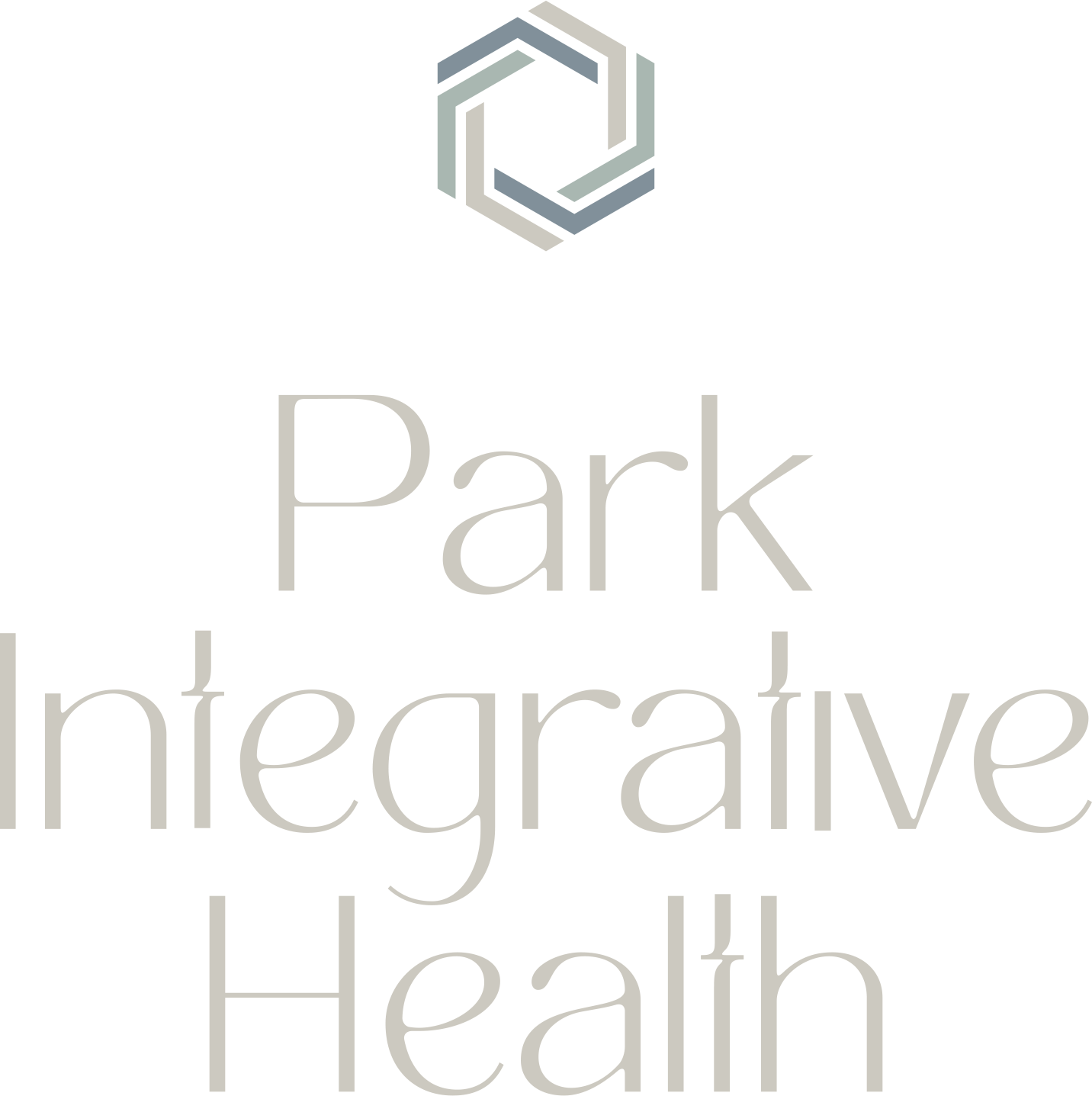WHAT IS INTEGRATIVE HEALTH CARE, AND WHY IS IT THE FUTURE OF HEALTH CARE?
Modern medicine has come a long way. Since 1900, the universal life expectancy has long multiplied, and chances of dying from open injuries and serious diseases have significantly declined. Developments in health care have helped increase the standard of living and quality of life for many nations.
Despite the progress of modern medicine over the last century, it has also encountered hindrances and stumbling blocks. For example, the development of healthcare models in many nations has focused on a reactionary approach rather than a proactive approach, which leads to higher long-term costs and a system that’s overrun (never mind the implications of the current global pandemic!). In addition, practices like the over-prescription of antibiotics are connected to the formation of antibiotic-resistant ‘Superbugs,’ inhibiting the efficacy of some modern medical methods.
In the western world, we are socialized to seek medical attention only when we have a problem and to solve that problem with immediacy above all else. But what if we took a different approach? What if we sought general wellness supports even when we were feeling healthy? What if the solutions we sought focused on addressing the root cause of injury or illness instead of a quick fix?
We—and countless other integrative health practitioners worldwide—believe that answers to these questions lie with the integrative approach to health care. Integrative health care is a different and transformative system that educates and promotes the prevention of disease alongside the treatment and management of infection.
This Wellness Note sheds light on integrative health care as the future of health, its benefits, and how to take charge of your health.
What is Integrative Wellness?
Integrative wellness— also known as integrative medicine— is a medical field that pays attention to people beyond where western medicine has traditionally focused. It prioritizes the wellness of a patient’s body, mind, and spirit, infusing conventional and complementary medicine routines to attain maximum health and wellness.
Integrative health care supports the body’s natural ability to heal. It introduces data-driven practices such as acupuncture, nutritional healing, massage therapy, psychology, chiropractic, yoga, meditation, and much more. The practise of integrative medicine infuses the best of eastern medical knowledge and techniques with modern science to develop a system focused on the absolute health of an individual in every area. Integrative medicine progressed from practices such as holistic health and complementary and alternative medicine (CAM). Integrative health seeks to address the root causes of a patient’s illness or injury and uses preventative and proactive approaches to instill a sense of overall wellness and well-being.
Integrative health care isn’t just about introducing new arrangements and conditions; it also facilitates safe treatments with a goal of exploring alternative treatment options. In addition, integrative care follows the premise that there are many paths to wellness—not all look the same, and not all require the same solutions.
Integrative medicine believes that individuals can actively change their wellness paths by being more actively involved in their health care. Through a combination of modalities focused on mind, body, and spirit, patients can begin to proactively transform their daily living to prevent illness and injury.
Despite countless success stories of integrated medicine (including those of Park Integrative Health’s leadership team members), it is still recognized as widely as we’d like. Change might be slow, but there is good news. More than sixty top-ranked academic health centers and health systems in North America have opened their arms and minds to this emerging wellness approach. With all of the benefits we’ve witnessed and the encouraging adoption of integrative care by other well-respected institutions, it only seems natural to project it as the future of health care.
Benefits of integrative health practices
Depending on the clinic, integrative medicine can use different techniques to provide complete care to patients. But the goal is always the same: address root causes and work collaboratively with the patient and other primary and allied health providers to support the patient in reaching a state of remembered wellness. It’s all about western medicine working alongside eastern medicine for the betterment of the patient, who is always at the center of care.
While there are countless benefits to integrative health care, these are two powerful benefits of integrative health care:
Treatment plus prevention
Instead of only focusing on treating disease or reactionary treatments, integrative health and wellness focuses on the treatment and prevention of disease. Integrative health care practitioners (physicians and allied health professionals alike) are trained to focus on preventative care. While pressures from our healthcare system don’t always empower physicians with time and the right infrastructure, integrative health facilitates a collaborative environment where physicians and allied health professionals work together with a patient to develop a plan that marries prevention and treatment. This approach reduces long-term healthcare costs and offers patients the best of both worlds (western and eastern medicine), a combination that’s shown to be more effective. In fact, a 2012 study showed that integrative medicine clinics successfully treated some of the most prevalent chronic conditions, including cancers, allergies, depression/anxiety, diabetes, chronic pain, fibromyalgia, and gastrointestinal disorders.
Promoting health through self-care
By now, we’ve all heard about the importance of self-care. So, it’s no surprise that the very practice of integrative medicine enhances a patient’s ability to practice self-care. However, sometimes, we need a professional to give us permission to take time for ourselves. If wellness treatments help you set aside time to look after yourself, we say all the power to integrative care! Not only does integrative care hold space for patients to take meaningful time for themselves, but it also allows them to experience control over their health with the knowledge that their lifestyle (mental, spiritual, and physical) dramatically impacts their health. In the standard western medical approach, when something goes wrong, the first line of action commonly relies on a physician to help recover our health. But armed with the knowledge that each individual holds the power to heal alongside a team of collaborative health professionals (physicians, nurses, and allied health practitioners), the possibilities to achieve true wellness are endless!


